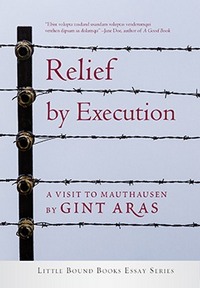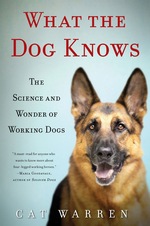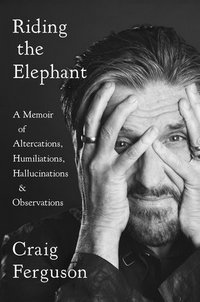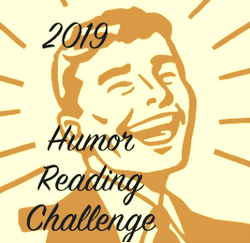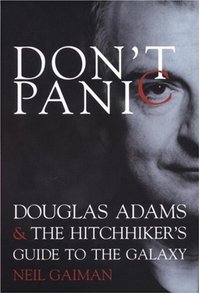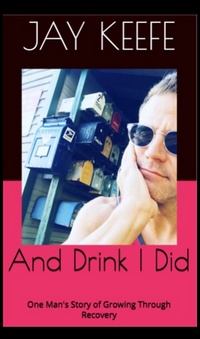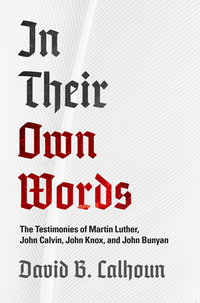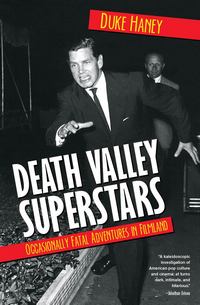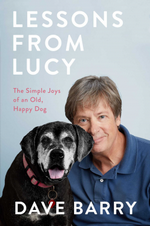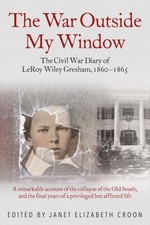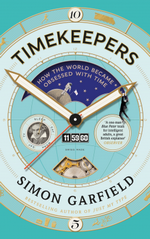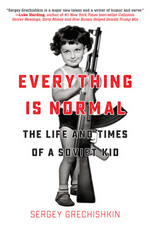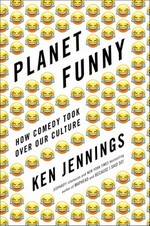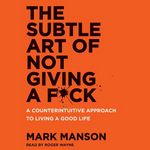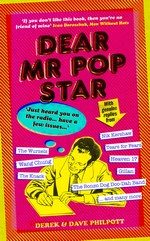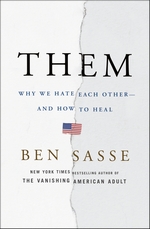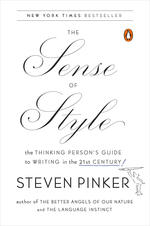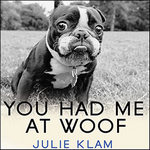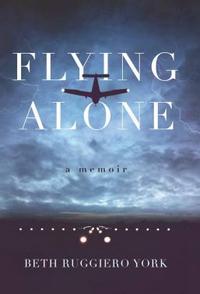 |
Flying Alone: A MemoireARC, 202 pg. Read: October 14-15, 2019 |

When she was 14 years old, Elizabeth flew for the first time—as she says, it was the first time she’d been that excited since her father died the previous year—and she made a promise to herself that she’d learn to fly.
Her plan had been to join the Navy and become a pilot, which would put her on the fast track to being an airline pilot (her ultimate goal). This was derailed by a diagnosis of probable MS, the Navy would no sooner train a pilot who’d likely develop MS than they would one who had the disease. So, that door closed, she’d go the private sector route—it’d take longer, but it’d still get her where she wanted to go.
The book really takes off (ouch, sorry, didn’t mean that pun, but I can’t bring myself to edit that) as she’s about to get her private license at a small flying school in Massachusetts. The book traces her development as a pilot in a culture not really receptive to female pilots (but not hostile to the idea, it didn’t seem), through various stages in her progress—eventually through different employers. We see her navigating through both successes and setbacks, and how she’d move on from either up to the point of making it to her goal—flying for TWA.
A near-constant presence in the book is her primary flying instructor and eventual significant other, Steve. I never liked the guy, and I am not sure I can understand why anyone would. But, this is written years after Steve and the author had gone their separate ways, and she’s writing with the full advantage of hindsight. So York displays all the warning signs she spent years ignoring while they were together because it seems like she can’t understand all of what she was doing with him either.
If this were a novel, I’d be complaining about how little we get of Elizabeth’s friend and student, Melanie. Melanie sees Steve for who he is and encourages Elizabeth to take some of the early steps she’ll need to advance her career. She also encourages her to get away from Steve—advice that is rejected (but maybe takes root). I enjoyed her presence in the book and can imagine she’d have been fun to hang out with at the time.
For me, seeing the various kind of jobs that a pilot can hold—and what they entail—was the best part of this book. Yeah, it’s disillusioning how many corners were cut (when not ignored) along the way (and I’m guessing the statute of limitations has passed for many of these)—but the various companies and duties were fascinating. It was also refreshing to see some of the pilots worrying about things like that, as well as displaying that there were people around her that had her best interests at heart (or at least would back her when needed).
It’s been a while since I saw anyone do this, but remember back when movies would end by telling us what would happen to various characters in the future? York finishes this book with a quick summary of what befell many of the people/companies we’d met along the way. It’s a nice touch here.
But before that, we get a very quick recap of her life in the last chapter and epilogue. Between the penultimate and the final chapter, she jumps a little over a year in time to get us to her interview (and hiring) by TWA. After taking things so methodically up to that point, it felt abrupt to make that jump, like we’d missed a lot. There’s probably a good reason for York’s choice there, but it felt like she was in a rush to meet a deadline so she skimmed over that year. And then didn’t really give us a lot about the early days with TWA. I think that’s my major criticism of the writing—she just sped past that last year and stopped. I think a little time talking about her initial experience flying for a major airline would’ve been nice—maybe she’s saving that for the sequel? (It didn’t seem like that was the intention, but it’d work)
You really feel like you’re getting behind the scenes of small airports, freight and charter companies. People like Tom Wolfe can make maverick pilots sound exciting and romantic. York makes the idea sound dreadful and a real threat to safety in the air and on the ground below flight paths. Superman tried to reassure Lois when he said, “I hope this hasn’t put you off of flying. Statistically speaking, it’s still the safest way to travel.” Frankly, after reading parts of this book, I could use someone telling me that.
The book feels honest—it doesn’t seem like she glossed over her own faults or highlighted others’ at her own gain (or the other way around). There’s a sense of “here’s some smart things I did,” “here’s a bad decision I/he/they made,” “here’s stuff that happened that could have gone either way and worked out okay.” It’d have been pretty easy to make herself “the good guy”, or everyone else “the bad guy”. Instead, we got a bunch of humans being human.
This is a quick read, an insightful read, and an effective read—I wasn’t sure what to expect out of Flying Alone, but I don’t think I got it. What I got, however, was better—I’d recommend it. A story about a woman succeeding on her terms—while overcoming issues and problems beyond her control and as a direct result of her choices—not overly romantic, not overly sentimental, and not afraid to show her own deficiencies. This is the kind of memoir we need more of.
Note: I received a copy of this book from the author in exchange for this post and my honest opinion. Which is what she got. Honest, not timely—I do feel bad about not getting this up in late September, or anytime in October. I tried.

![]()



